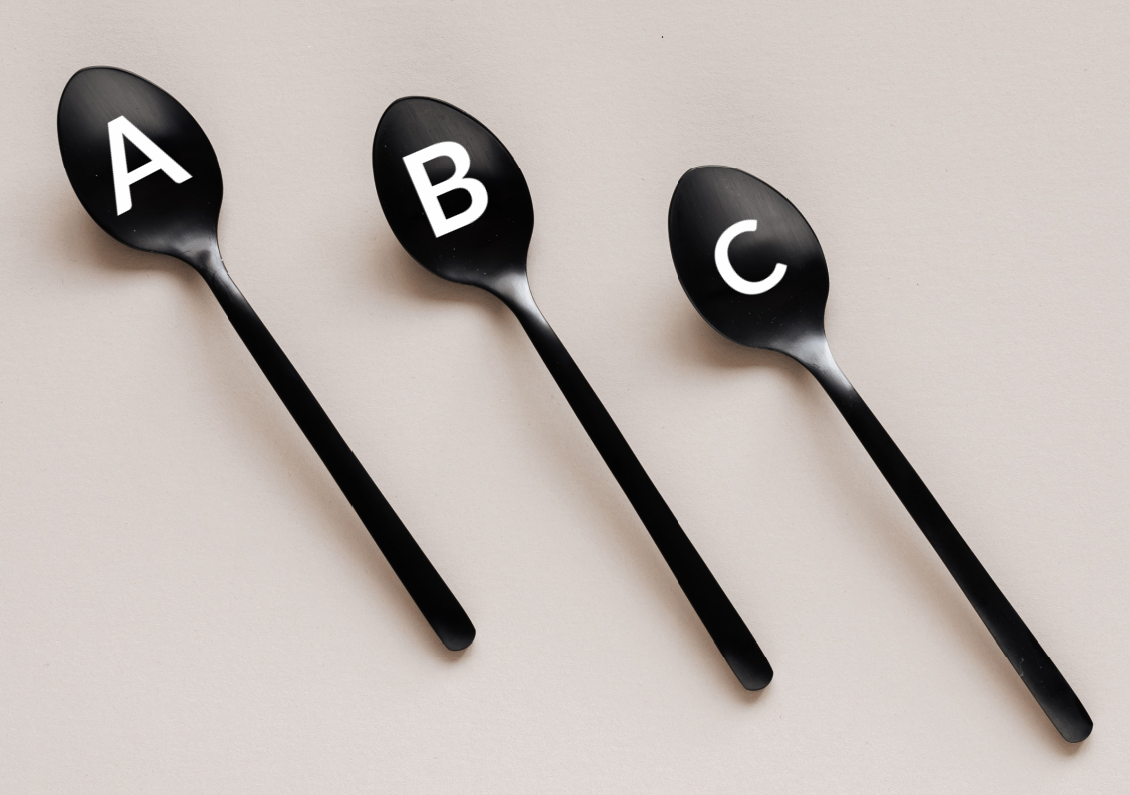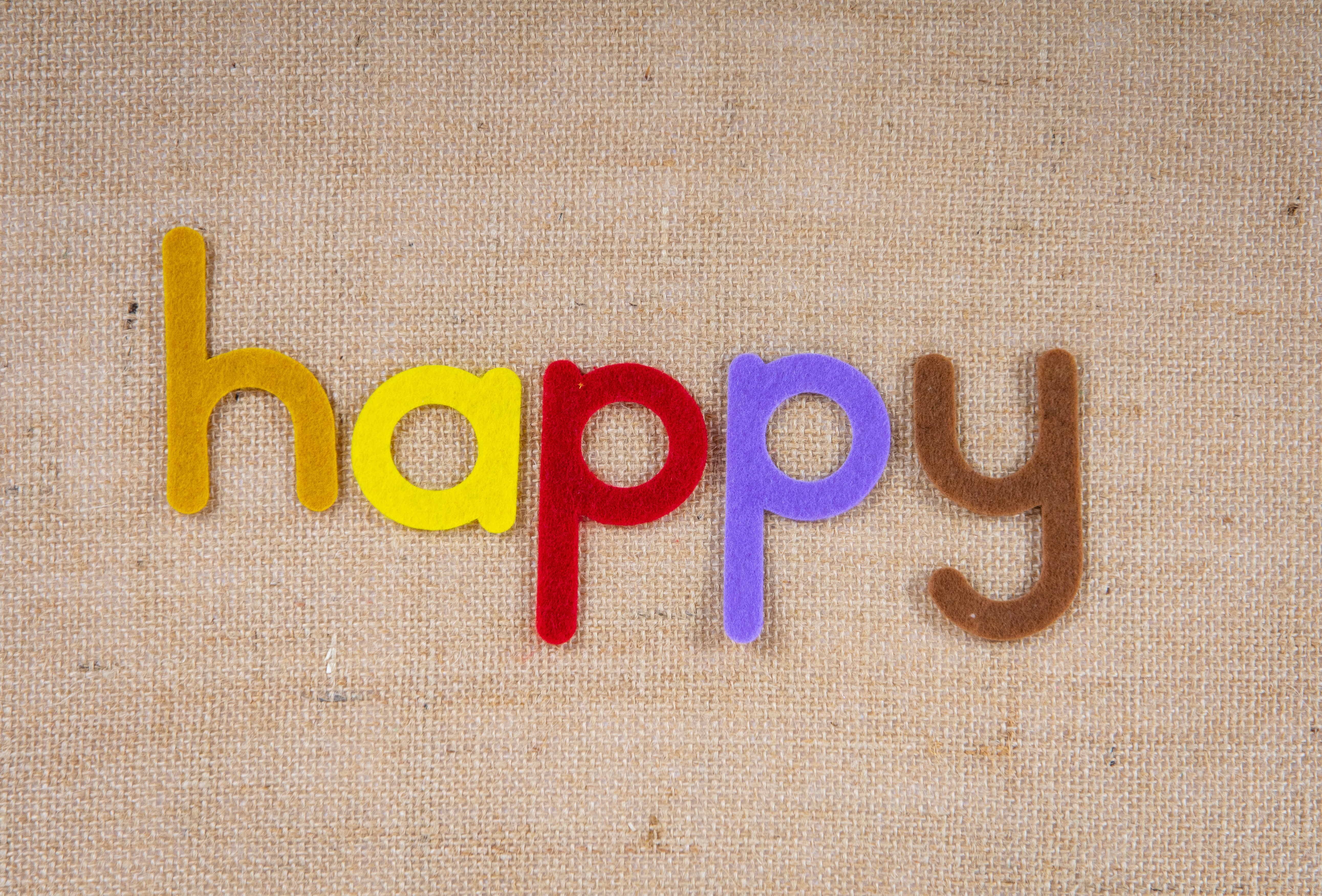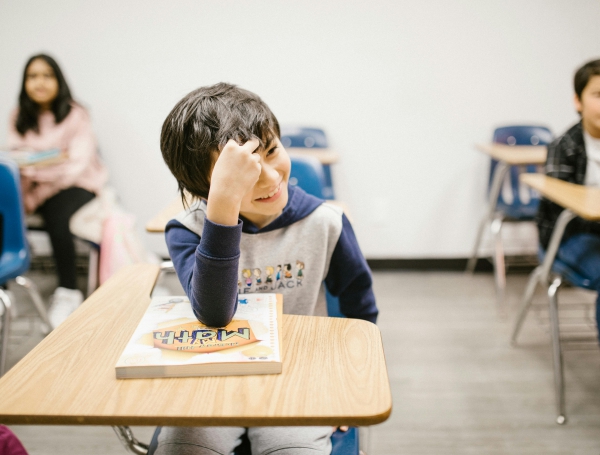

Sight Word Recognition & Phonemic Components
October 21, 2020
I started working with them on letter recognition, both upper- and lower-case letters. Most times, Zac struggled and did not want to participate. I searched for ideas and found one that worked for him.

We mixed the spoons up in two different piles, and both students went to work. I modeled the activity first with a couple of spoons. They screamed "WE CAN DO IT" and started working with them both together and individually on matching upper and lower-case letters.
Both Tracy and Zac began to be more confident in class, and their negative behaviors began to fade slowly. Due to family circumstances, Zac and his family moved away, and yes, I cried. He was beginning to take off with his learning. His classroom teacher noticed, as well. We decided that we had prepared him to be a little better for the next teacher he would have.
Tracy continued to excel. She became good at sounding out words and eventually stopped sounding them out. I always told them, "They're sight words, not sound out words." Now, as a second-grader, Tracy continues to move forward at a good pace. She plays the spoon game with her little brother, who's in kindergarten.

I have also used junior scrabble, the Disney version, for my kiddos. They have to match the letters to the words that are already on the board, so it is a good letter matching activity. As they get better, I turn the board over, and we play a modified version of scrabble, where we try to make as many sight words that we know and put them on the board. All three activities have proven to be very useful over the years. So, I have collected many different scrabble games and introduce students to them even at the first-grade level. The students enjoy finishing words and getting points. We spice it up a bit. You have to say the letter name and sound after three weeks of playing the game. That was the student's idea.


_600_455_s_c1.jpg)
_600_455_s_c1.png)
